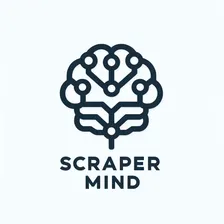Spotify Music Downloader
Pricing
$5.00/month + usage
Spotify Music Downloader
Spotify Music Downloader 🎵 is a fast and reliable tool for downloading Spotify tracks in 320kbps high-quality audio. It extracts metadata, including track title, artist, album, and cover image, providing instant download links for offline listening.
Pricing
$5.00/month + usage
Rating
0.0
(0)
Developer

Scraper Mind
Actor stats
1
Bookmarked
97
Total users
2
Monthly active users
20 days ago
Last modified
Categories
Share

